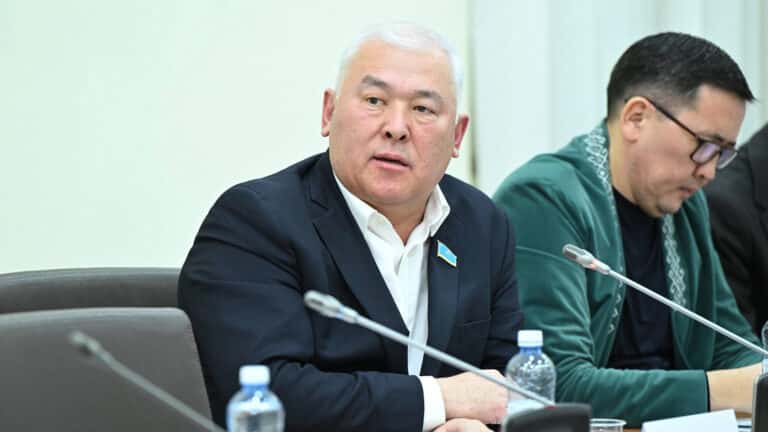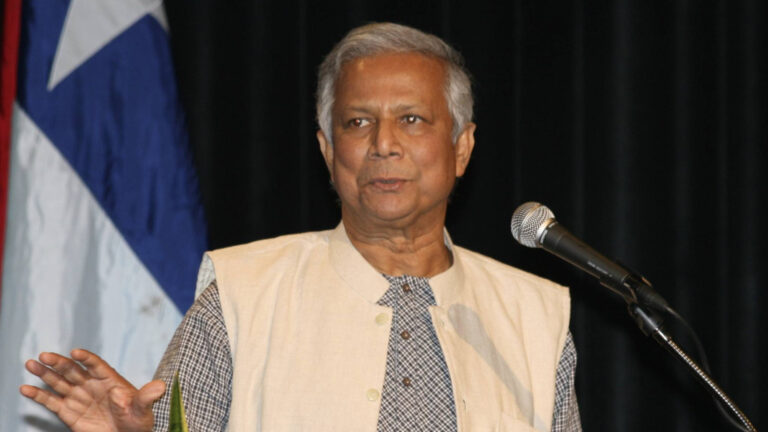
According to Finnish President Alexander Stubb, Kazakhstan could play a larger role as an oil exporter as Europe continues reducing its dependence on Russian energy.
«Now that Europe is detaching itself from Russian energy, both liquefied natural gas (LNG) and oil, we have reduced it by over 80%, we need alternative sources of energy. That’s where Kazakhstan comes into play as an important player,» Stubb said in an interview with Kazinform during his official visit to Astana.
He emphasized that President Kassym-Jomart Tokayev‘s geopolitical insights are valuable for Finland and Europe, noting Kazakhstan’s long borders with Russia and China and its strategic role in Central Asia. Stubb added that middle powers like Finland and Kazakhstan can serve as intermediaries in communication between larger states.
The Finnish president also pointed out that Tokayev will participate in the C5+1 (Central Asia + the U.S.) summit on Nov. 6 in Washington, followed by a visit to Russia on Nov. 12 at the invitation of President Vladimir Putin. According to Stubb, Tokayev could help facilitate communication between U.S. President Donald Trump and Putin.
The European Union (EU) plans to phase out imports of Russian oil by 2028. The bloc has already banned seaborne deliveries, although pipeline oil supplies to Hungary and Slovakia, as well as gas exports to France, Belgium and Hungary, remain in place. After Trump accused Europe of «financing Russia’s war against Ukraine» by continuing to buy its energy resources, EU authorities began discussing a complete ban on Russian oil and other energy exports by 2028.
Germany, once one of the largest buyers of Russian oil and gas, stopped importing Russian crude following Moscow’s full-scale invasion of Ukraine, switching instead to Kazakh supplies delivered through the Druzhba pipeline.
In 2024, Kazakhstan exported 1.5 million tons of oil to the Schwedt refinery in Germany. Berlin now aims to increase that volume to 2.5 million tons per year. To avoid reliance on Druzhba, the partners are considering using the Italy-Germany pipeline, since Italy is currently the largest importer of Kazakh oil, which is transported via the Caspian Pipeline Consortium to the Russian port of Novorossiysk, and then shipped by tankers across the sea to Italy.













